

Why does the right nurse make all the difference to your care? Why does your pasta sauce not taste quite as good as your mom’s despite using the same ingredients and the same methods? What about the touch of a pianist compared to your teenager, despite an equal number of contact hours and instruction? Why does one carpenter’s work look so much better than another despite the use of the same materials over the same time?
“Very loosely, tacit knowledge collects all those things that we know how to do but perhaps do not know how to explain (at least symbolically). The term “tacit knowledge” comes to us courtesy of Michael Polyani, a chemical engineer turned philosopher of science. Tacit knowledge is messy, difficult to study, regarded as being of negligible epistemic worth. Proper knowledge exists in propositional form (which is, conveniently, much easier to study).”
Each of us has our personal knowledge about a wide array of tasks and topics be it kneading dough, building with legos, teaching, playing an instrument, and so on. The plurality of knowledge makes life interesting. It’s the reason we can swap recipes, but still want to consume the “original”.
….insofar as skills must be passed from person-to-person in elaborate and long lasting apprenticeships – then facts travel slowly, embodied, person to person.”
(Click here to see source of all quotations from the London School of Economics and Political Science.)
Excitingly, there are movements to harness tacit knowledge so that valuable skills can be shared rapidly. I read this article that is the reason behind this post. One example is the very useful knowledge about how to remove a ring from a swollen finger demonstrated by three nurses in this video. The maker movement is maturing and allowing for the collaborations that result in tacit knowledge and creativity like this and more to be shared. Maker nurse is such an innovative project, created by Little Devices Lab at MIT.




The maker movement is growing up and there is no reason there can’t be maker teachers, maker dog trainers, maker_____.
How wonderful it would be to live in a world where the unique creations, practices, and understandings of individuals and groups are shared so that more of us gain access to them!
A secondary message is for us to know that we all have our personal, or tacit, knowledge about a range of things. Let’s use it to participate in science, in gardening, in cooking….. Let’s not get too worried about whether we have the right vocabularies. We know a lot and we live in an age where sharing what we know has never been easier!
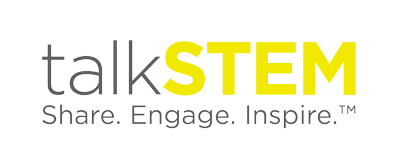
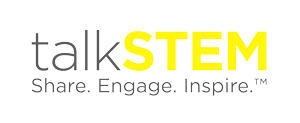
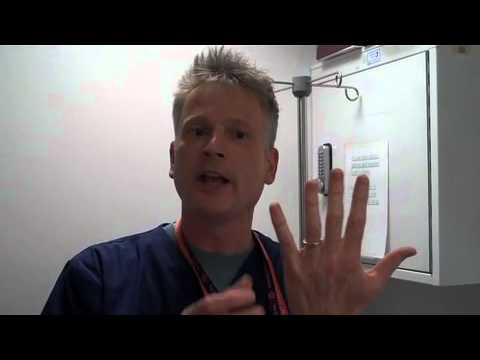

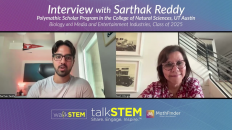
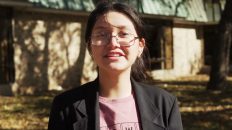


Add comment